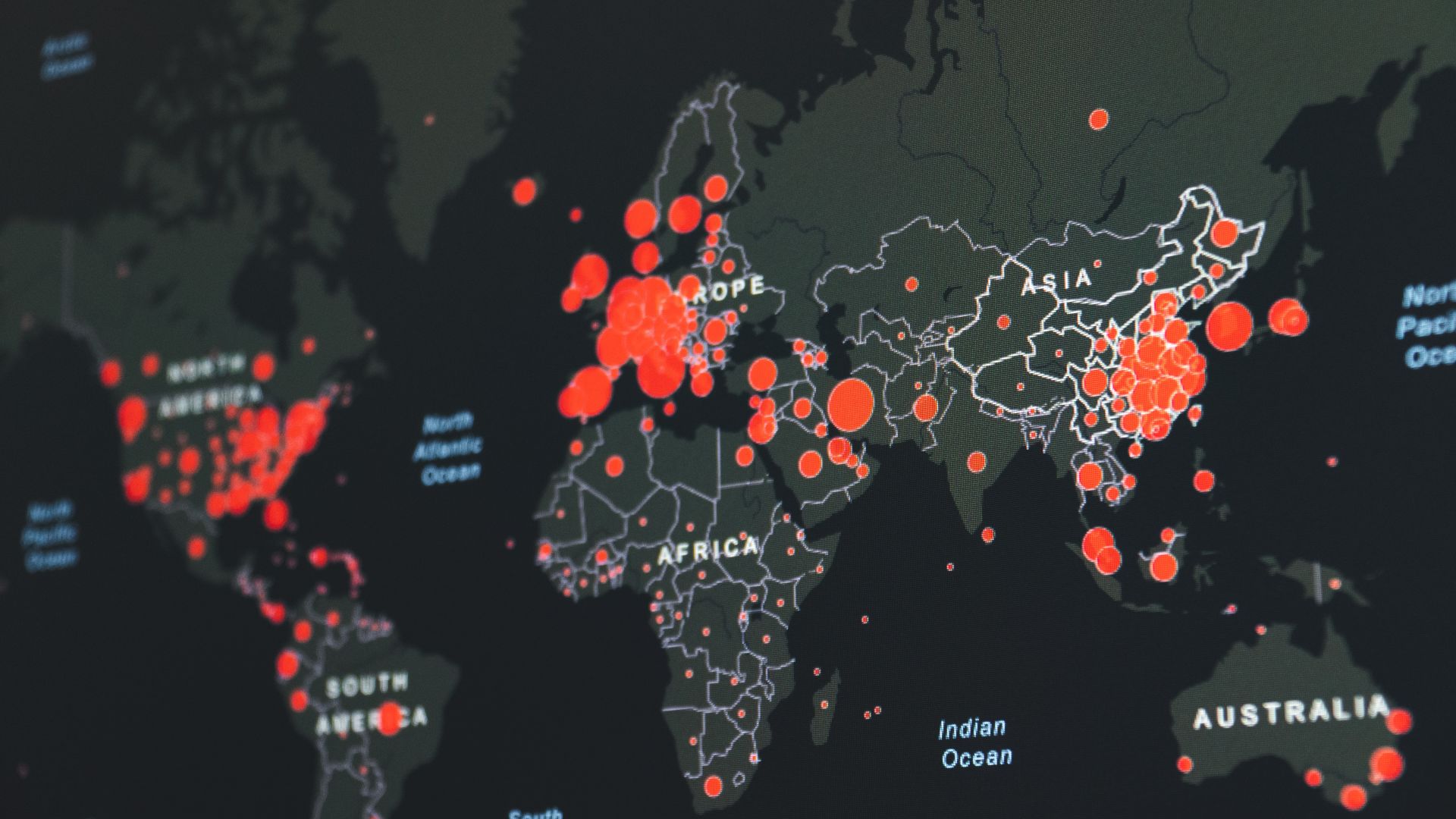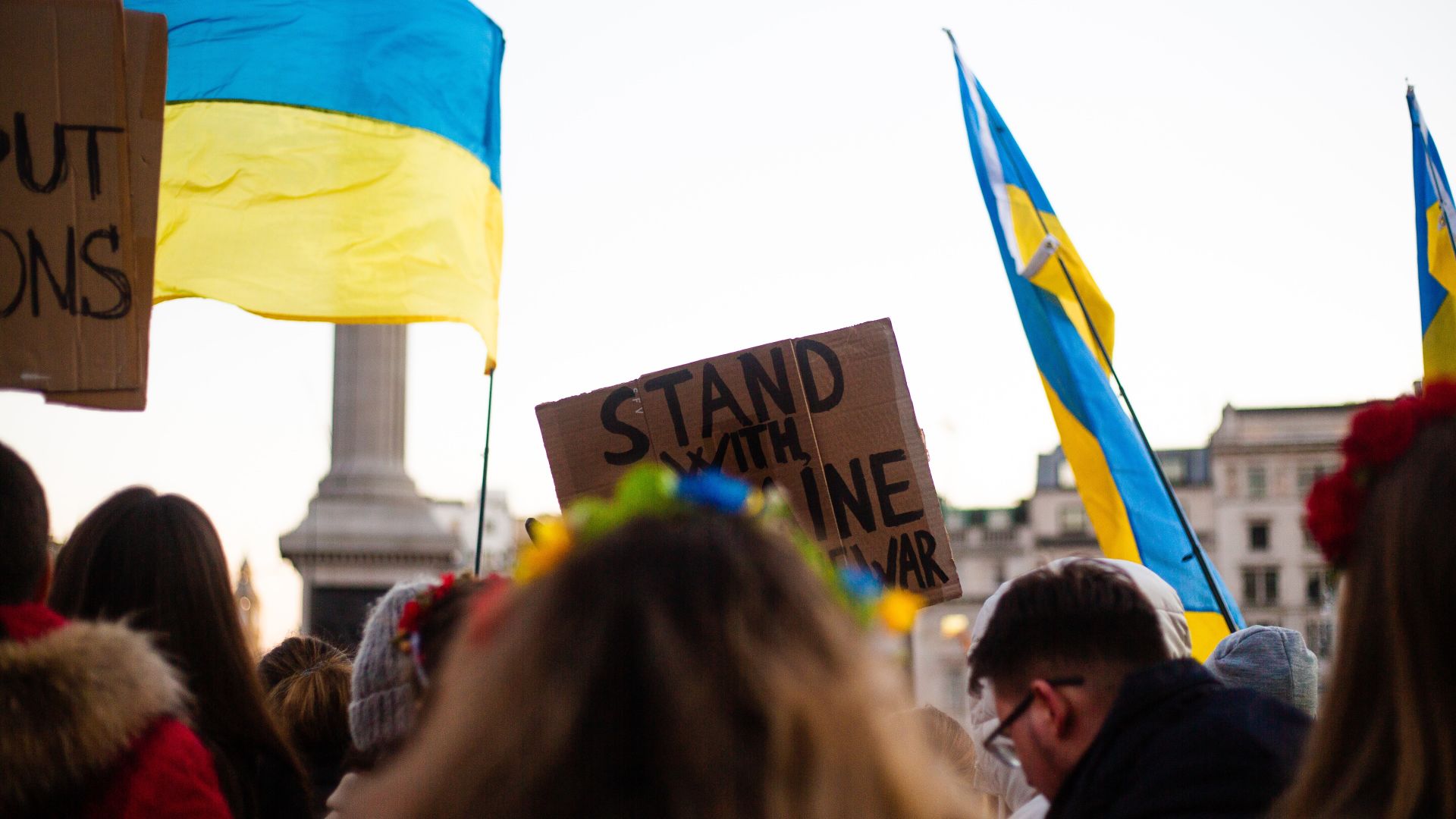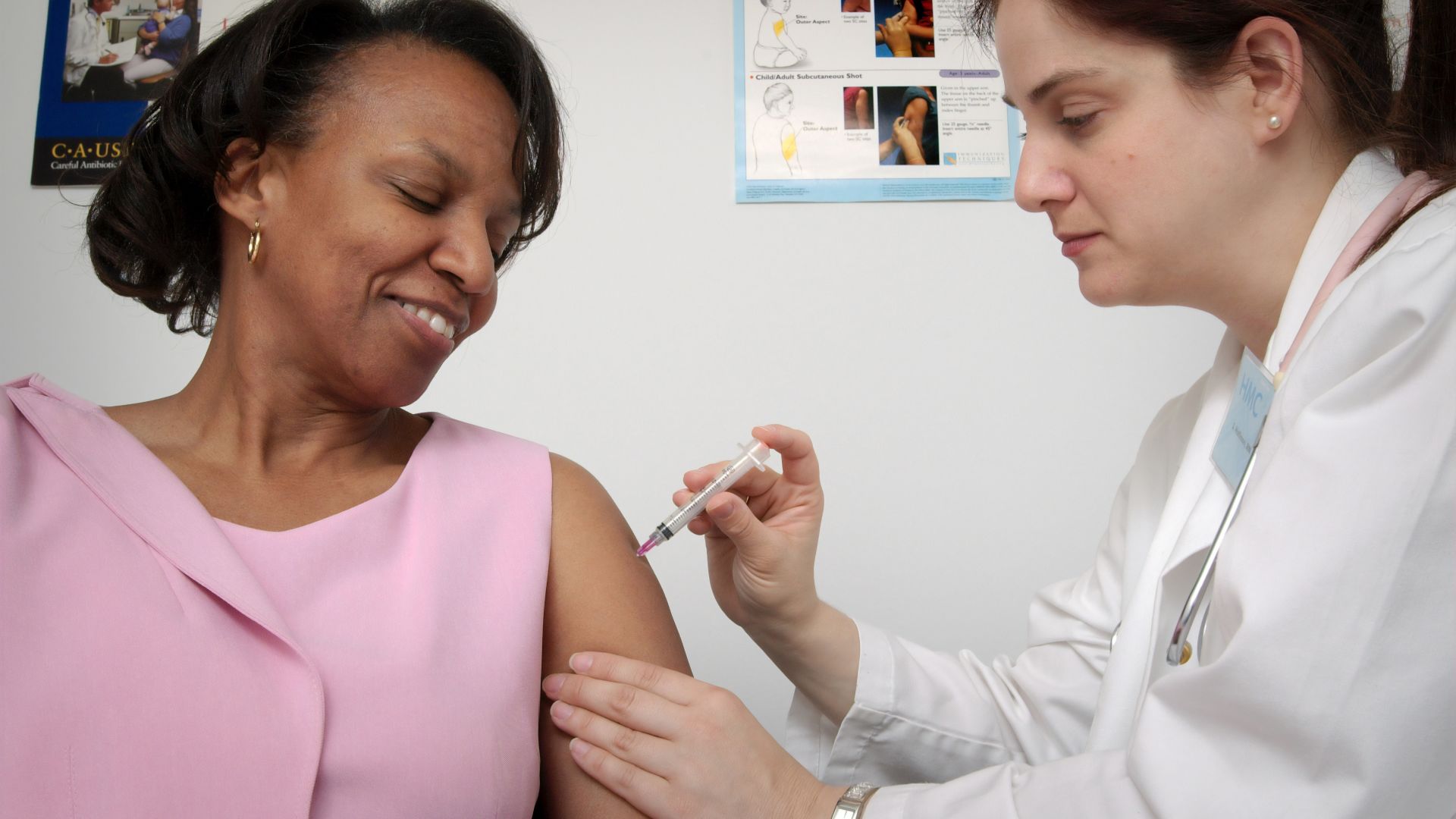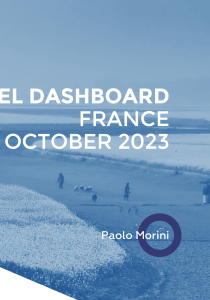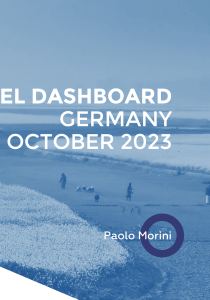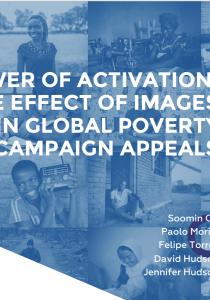
The Generation Equality Forum, originally scheduled to take place this week in Mexico and France has been postponed to 2021 because of the COVID-19 outbreak. The aim of the forum, chaired by UN Women, is to coordinate governmental, non-governmental, and international efforts to improve gender equality, as part of the 2030 Sustainable Development Goals. This forum reflects one of a growing number of opportunities to engage global leaders and policymakers in gender equality issues. Though we won’t be meeting in person to discuss ways forward for women’s equality, we at the Development Engagement Lab still hope to do our part to better understand individual attitudes to gender (in)equality around the world. This week, we’re focusing on Germany.
In this blog post, we look at what determines an individual’s willingness to take different types of actions to tackle gender inequality both in Germany and worldwide. Here we ask three key questions:
- How do people in Germany think gender (in)equality has changed in Germany and around the world?
- What do they think are the causes of gender inequality?
- What are people willing to do to for the cause?
Do people in Germany see a shift?
The majority of respondents believe men and women are more equal than they were 25 years ago, both in Germany and in the developing world. This is true across different age groups, as well as across men and women, with 59% of men and 50% of women claiming the genders are now more equal. Across political party affiliations, this progress toward gender equality over the last twenty years is also undisputed.
The public are more likely to engage when they are not being asked to take highly-visible, public facing actions. Ignoring this preference for privacy could risk losing potential advocates.
Second, on the causes of gender inequality, the majority of respondents think that culture/history and men’s resistance to change are the main reasons for persistent inequality and these were the main reasons chosen by both men and women. At the same time, more men (36%) than women (28%) believe that gender inequality exists because men and women are ‘naturally different.’
Third, we asked our respondents to say which, if any, of the following they are willing to do to combat gender inequality globally:
- Participate in a demonstration
- Sign a petition
- Volunteer in an organisation that works for gender equality
- Contact the Member of Parliament representing their constituency (write a letter, send an email, contact via social media, etc.)
- Donate to an organisation that works for gender equality
- Share information about gender equality on social media
- Vote for a candidate who supports gender equality
- Boycott companies whose practices or investments impede gender equality
- Other measure(s)
- None of the above
Overall, respondents said they are most willing to sign petitions, vote for a candidate who supports gender equality, and boycott companies whose investments or practices prevent gender equality. Interestingly, respondents are more willing to take actions that are more private/less visible (such as signing a petition or voting) than public/more visible (such as sharing information on social media or participating in a demonstration). Private actions may be less costly to the individual, who faces a lower risk of being judged as a feminist (given the stigma against feminism in Germany), whereas openly demonstrating or posting on social media about gender equality incurs a higher cost for the individual.
The public-private distinction
If taking action is driven by an implicit or explicit cost-benefit decision, we need to ask: Where does the line between public and private sit for different audience groups? We looked at the differences as they related to respondents’ gender, age, partisan identification, the respondent’s level of support for development aid, and importantly, whether they identify as a feminist. What we found: Regardless of whether the respondent is a man or a woman, a supporter or an opponent of international aid, a feminist or not a feminist, they show greater willingness to sign a petition or vote for a candidate that supports greater gender equality than other actions. In other words, private actions are most preferred by all audiences.
What is even more surprising is, as seen in Figure 2 below, the preferences of development aid supporters and opponents are parallel, it’s only that aid supporters are more willing than aid opponents to take actions. Private actions to fight gender equality are clearly more popular among the German public, and individuals are more likely to mobilise when given the option to do so privately, as well as publicly. The public are more likely to engage when they are not being asked to take highly-visible, public facing actions. Ignoring this preference for privacy could risk losing potential advocates.
Meeting the public where they are
We identify two key insights for governmental and non-governmental organisations from this analysis. First, the public is generally willing to take action on gender equality, but privately. Second, creating opportunities for individuals to participate privately are more likely to encourage individuals to get involved. Online petitions are one proven route. Another could be providing the gender equality track records of corporations’, candidates’ or other public entities’ for public scrutiny. A ‘rating system’ might be one way, which highlights or scores progress on gender equality. A third might be providing regular updates on an institution or individual who is hindering progress toward gender equality, or spotlighting advocates who are making gains. Knowing what the public is willing to do, and improving the kind of options available to the public to enable their involvement do is key in German society, where feminism still carries a strong stigma.
The data for this survey (German Sandbox February 2020) was collected as part of the Development Engagement Lab, a research programme based at University College London and University of Birmingham.






